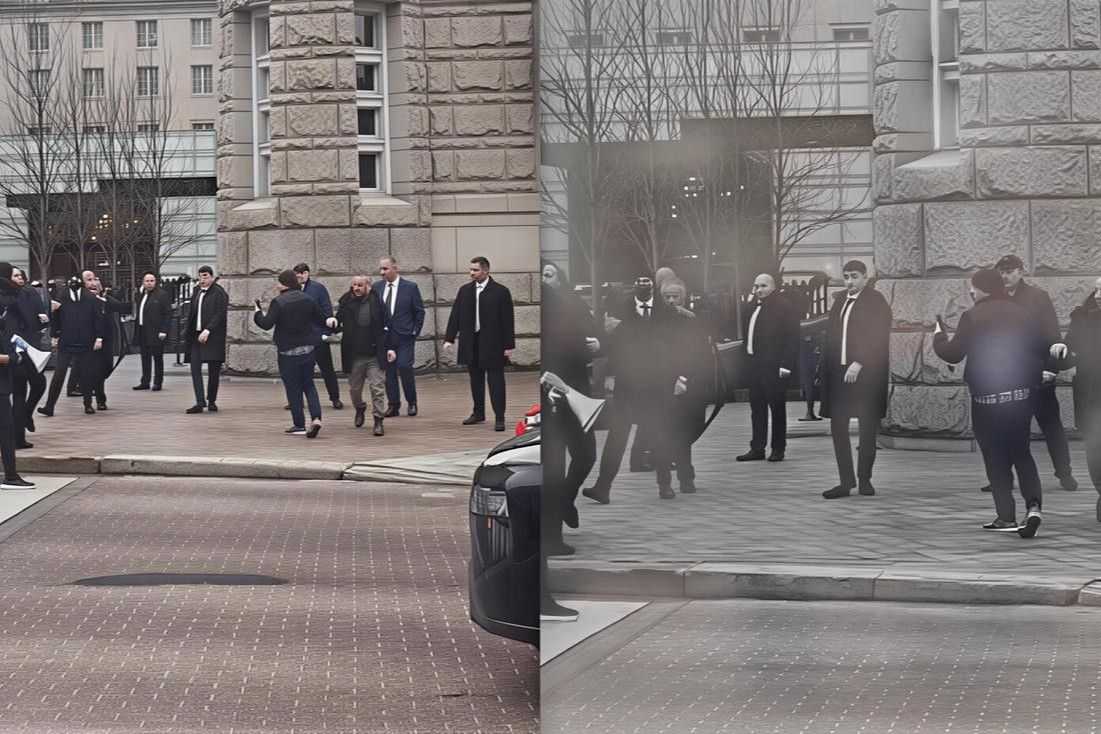
The director of Russia’s Foreign Intelligence Service (SVR), Sergei Naryshkin, has met with Syrian intelligence officials at a conference in Baku.
The conference, titled Afghanistan: regional connectivity, security, and development, was hosted in Baku on 17–18 April. It was attended by intelligence officials from around 10 countries.
According to Russian state news agency TASS, Naryshkin held talks with Azerbaijani intelligence figures, in addition to intelligence officers from Syria.
TASS quoted Naryshkin as saying that the meeting with the Syrians was ‘completely constructive and friendly’.
The meeting comes in the wake of the ousting of Syrian leader Bashar al-Assad, a key ally of Moscow, in December. Following the downfall of his regime, there has been significant speculation about whether the new government under Ahmad al-Sharaa would seek to approach relations with Russia.
Naryshkin’s meeting with Syrian intelligence officials — and the warm words he used to describe the talks — was a potential sign that the relations between Russia and Syria might not be as fraught as was originally widely believed.
Although it was not explicitly stated that Azerbaijani officials directly mediated the talks, the fact that the meeting occurred in Baku was the latest instance of Azerbaijan acting as a third-party broker between other countries.
Recently, Baku hosted negotiations between Turkey and Israel as part of an effort to establish channels between Ankara and Tel Aviv to prevent their overlapping interests in Syria from escalating into an actual armed confrontation.









